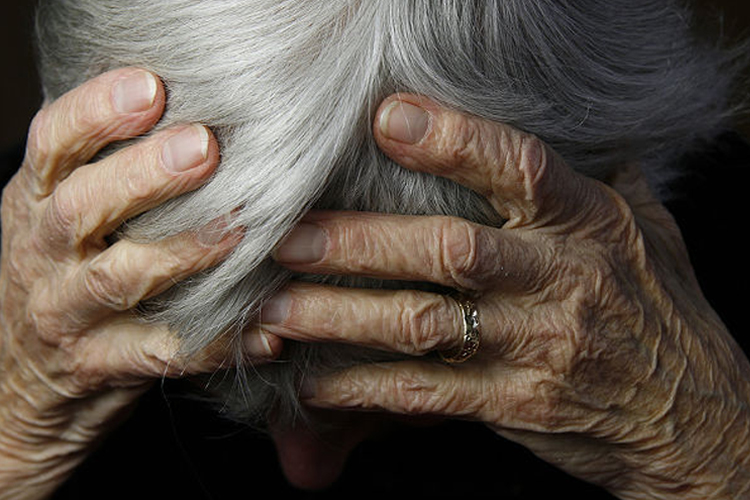Elder Abuse: Involuntary Seclusion, Abandonment and Neglect
Unfortunately, abandonment and neglect of elders happens all too often, including nursing home neglect. Involuntary seclusion is another type of elder abuse that can be particularly damaging and difficult to spot, and which can often be coupled with financial exploitation.
What is abandonment?
Abandonment is precisely what it sounds like: leaving a senior who is unable to care for him or herself in some way alone, usually in a public location.
What are the signs of abandonment?
As with other types of abuse, the Oregon Department of Human Services has created a list of warning signs that your loved one may be a victim of abandonment. Those signs include:
- The desertion of the person at a shopping center or other public location; and
- A person’s own report of being abandoned.

What is neglect?
Psychology Today defines elder neglect as “when a caregiver does not provide for an elder’s safety, or for his or her physical and/or psychological needs.” This can include failing to provide medication or necessary therapy, failing to provide for hygienic needs, forcing an elder to live in unclean conditions, and leaving elders alone for long periods of time. Psychology Today also reports that, according to Nursing Magazine, about one half of elder abuse cases involve neglect.
What are the signs of neglect?
The Oregon Department of Human Services’ list of warning signs that your loved one may be a victim of neglect include:
- The person being cared for is not given the opportunity to speak for themselves without the presence of the caregiver;
- The caregiver has an attitude of indifference or anger toward the person they are caring for;
- Family members of the caregiver blame the person being cared for (frequently related to incontinence);
- The caregiver exhibits aggressive behavior, including threats, insults or harassment toward the person being cared for;
- The caregiver has problems with drugs or alcohol;
- The caregiver exhibits inappropriate displays of affection towards the person being cared for;
- The caregiver isolates family members from the person being cared for;
- The caregiver is unwilling to work with other care providers on a care plan for the person being cared for;
- Dirt, fecal/urine smell or other health and safety hazards exist in the elder’s living environment;
- The elder has been left in an unsafe or isolated place;
- Rashes, sores or lice appear on the elder;
- The elder experiences malnourishment or dehydration and/or sudden weight loss; or
- An untreated medical condition appears.
What is involuntary seclusion and what are the signs?
The Oregon Department of Human Services defines involuntary seclusion as “confinement, restriction, or isolation of an adult for the convenience of a caregiver or to discipline the adult.” The warning signs that your loved one may be a victim of involuntary seclusion include:
- An elder’s report of not being allowed to see or talk with people he or she reasonably would see or talk to;
- The elder being kept away from where others can go;
- The elder not being allowed to use the telephone; and
- The elder not being allowed to receive or send mail.
If you believe an elderly loved one is suffering or has suffered from any type of abuse, contact an Oregon-licensed elder abuse attorney. If you believe a crime has been committed you should also call the police, and if there is a medical emergency you should dial 9-1-1.
Contact a Committed Oregon Personal Injury Lawyer Today!
If you or a loved one has been injured in a car accident in Oregon, you should choose a qualified and proven personal injury lawyer who understands Oregon law and who will work to establish the at-fault party’s liability.
The accident attorneys at Dwyer Williams Cherkoss in Oregon will help you hold the at-fault party accountable for your injuries. For dedicated personal injury legal representation, schedule a consultation with the lawyers at Dwyer Williams Cherkoss. Call 1-800-285-8678 today.

















